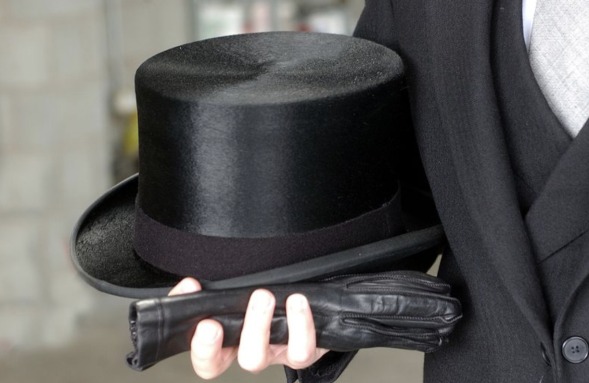The Bone Yard
Life was a nightmare, a half life. What I have come to recognise as me and my penumbra soul; neither alive nor dead, neither in light nor shadow. All those things I relied on: routine, people, relationships, everything fell away. The world I knew was gone, disappeared, hidden and all those I thought might have cared were silent. The silence was deafening, overwhelming. The only voice I heard, my own.
Some years ago I was fortunate enough to work as Assistant Director on the Polish playwright, Slawomir Mrozek’s ‘The Police’ at the Roundhouse in London - a play about a police force that had become so effective at eradicating revolution in their country that, with no reason to now exist, they began to initiate new revolutionary activity of their own. This fantastic play has lived with me ever since.
In 2020, witnessing the unfolding coronavirus pandemic in this country I wanted to write something about its impact, as I saw it, on life in the UK. Inspired by the reverse logic of Mrozek’s play I found material in the news media about criminal schemes in Sicily and Poland to subvert their funeral systems and began to wonder about a marriage of these two disparate ideas.
The result, Bone Yard, a black comedy set in London in the present day. It follows a number of lives caught up in the crisis associated with the Covid 19 pandemic and particularly focuses on the efforts of a firm of undertakers to survive the economic slump. Those who have suffered the infection and recovered have often referred to the strange, halicinatory, nightmarish dreams they experience whilst sedated and I have tried to reflect that in the style of the piece.
The Bone Yard explores our attitudes to death, the impact of, what Grace Blakeley calls, ‘Vulture Capitalism’ and ‘Financialisation’ on ordinary lives and the pressures these two things can bring to our day to day experience.
In this rewritten version ( 2024) and in light of re-reading Albert Camus’ ‘The Plague’ I realised something of the Dario Fo qualities in the piece and so wished to emphasise the black humour and universal aspects of the piece rather than the particular ones that grew out of living through Covid in the UK.
Indeed, the play has become a ‘Fo style farce exploring our attitudes to death, the impact of, what Grace Blakeley calls, ‘Vulture Capitalism’ on ordinary people and the fear that comes with the growing realisation that we are losing control of our own lives.

